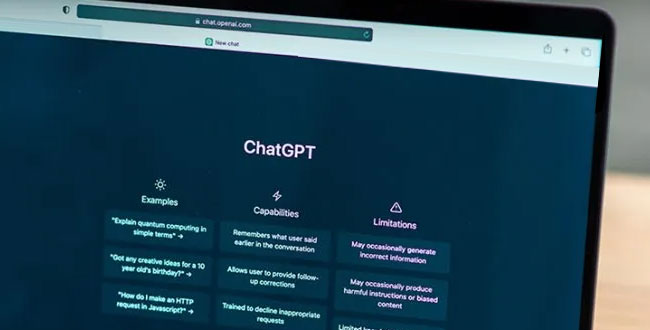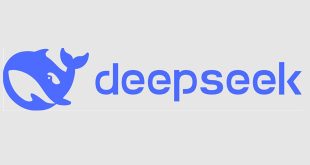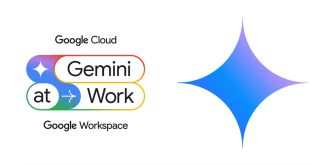OpenAI is developing a “Sign in with ChatGPT” feature, enabling users to access third-party apps with their ChatGPT accounts. Discover how this move could reshape digital authentication and challenge tech giants like Google and Apple.
OpenAI Prepares to Launch “Sign in with ChatGPT”: A New Era for Digital Authentication
OpenAI is on the brink of introducing a transformative feature—“Sign in with ChatGPT”—that could redefine how users access third-party applications. As ChatGPT cements its position as one of the world’s largest consumer applications, boasting an estimated 600 million monthly active users, OpenAI is leveraging this momentum to expand its footprint beyond conversational AI and into the competitive arena of digital authentication.
A Strategic Expansion Beyond Conversational AI
The proposed “Sign in with ChatGPT” feature will allow users to log in to a wide range of third-party services using their existing ChatGPT credentials. This move positions OpenAI to directly compete with established tech giants such as Google, Apple, and Microsoft, all of which have long offered streamlined login solutions across the digital ecosystem.
OpenAI’s ambition is clear: by simplifying user authentication and capitalizing on ChatGPT’s massive user base, the company aims to become a central player in online identity management. This approach could unlock new opportunities in sectors like e-commerce, social networking, and smart devices, further integrating ChatGPT into users’ digital lives.
Developer Engagement and Early Access Initiatives
To gauge market interest and refine the offering, OpenAI has launched a developer interest form, inviting companies of all sizes to express their intent to integrate the new login service. The form asks developers to specify their user base—from startups with fewer than 1,000 weekly users to platforms serving over 100 million users—and to detail their current monetization strategies and use of OpenAI APIs.
In a parallel initiative, OpenAI has provided a preview of the “Sign in with ChatGPT” experience through its Codex CLI, an open-source AI coding tool. This preview allows developers to link their ChatGPT accounts—whether free, Plus, or Pro—to API accounts with a single step. As an incentive, Plus users receive $5 in API credits, while Pro subscribers are awarded $50, with credits expiring 30 days after issuance.
“We’re looking for developers interested in integrating this capability into their own apps,” OpenAI stated on its official interest form, signaling a collaborative approach to rolling out this feature.
Competitive Implications and Industry Impact
The timing of this initiative is significant. CEO Sam Altman first hinted at the possibility of a “Sign in with OpenAI” feature in 2023, with initial plans for a 2024 launch. However, recent developments suggest OpenAI is accelerating its efforts, with a broader rollout now targeted for 2025.
By entering the authentication space, OpenAI is poised to challenge the dominance of existing single sign-on solutions. The integration of ChatGPT credentials into third-party platforms could offer users greater convenience, security, and a unified digital identity. For developers, this presents an opportunity to tap into ChatGPT’s vast user base and benefit from OpenAI’s robust infrastructure.
Unanswered Questions and Future Outlook
Despite the buzz, several details remain unclear. OpenAI has not yet disclosed a definitive timeline for public availability, nor has it revealed how many companies have committed to adopting the service. The company’s measured approach—soliciting developer feedback and piloting the feature in a controlled environment—suggests a focus on security, scalability, and user experience.
As the digital landscape evolves, the introduction of “Sign in with ChatGPT” could mark a pivotal shift in how users interact with online services. If successful, this feature may set new standards for authentication and further solidify OpenAI’s role as a leader in the AI-driven consumer technology space.
 Digital Tech Byte Latest Technology News
Digital Tech Byte Latest Technology News





